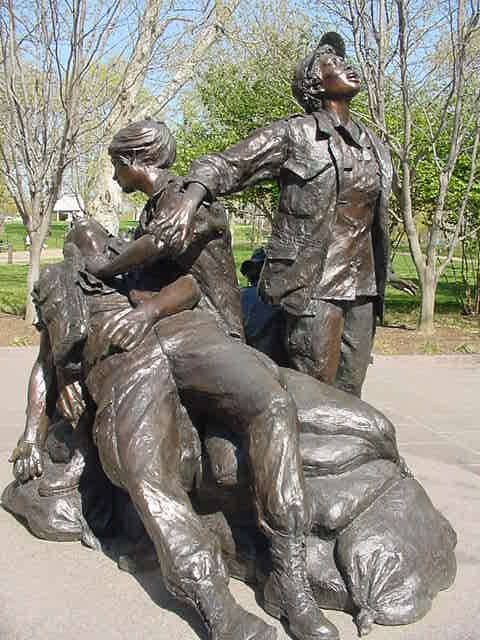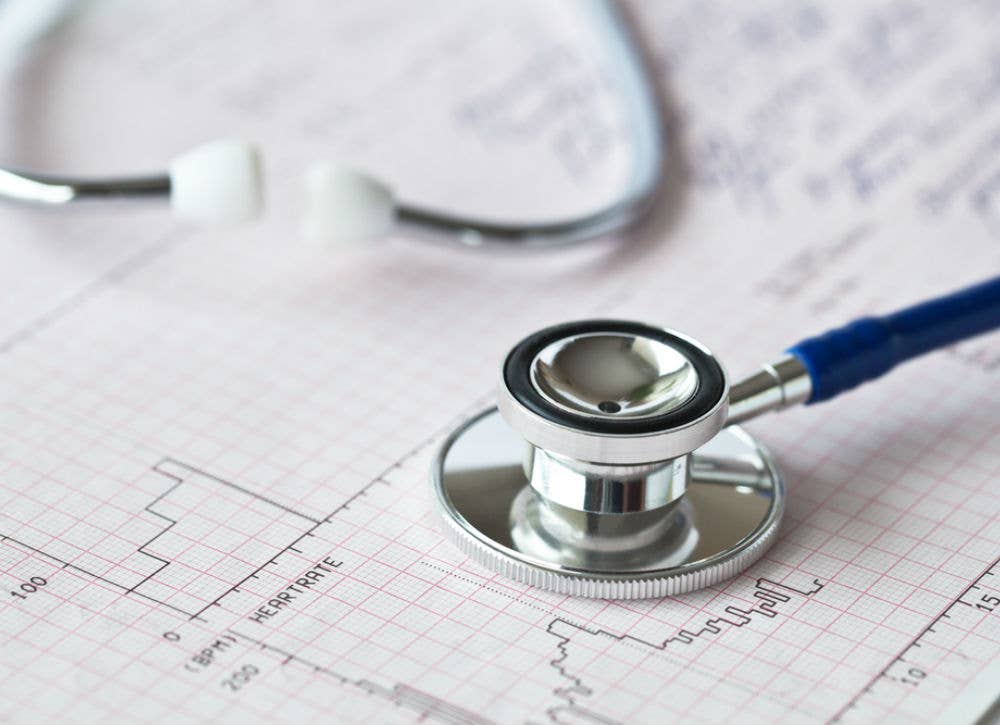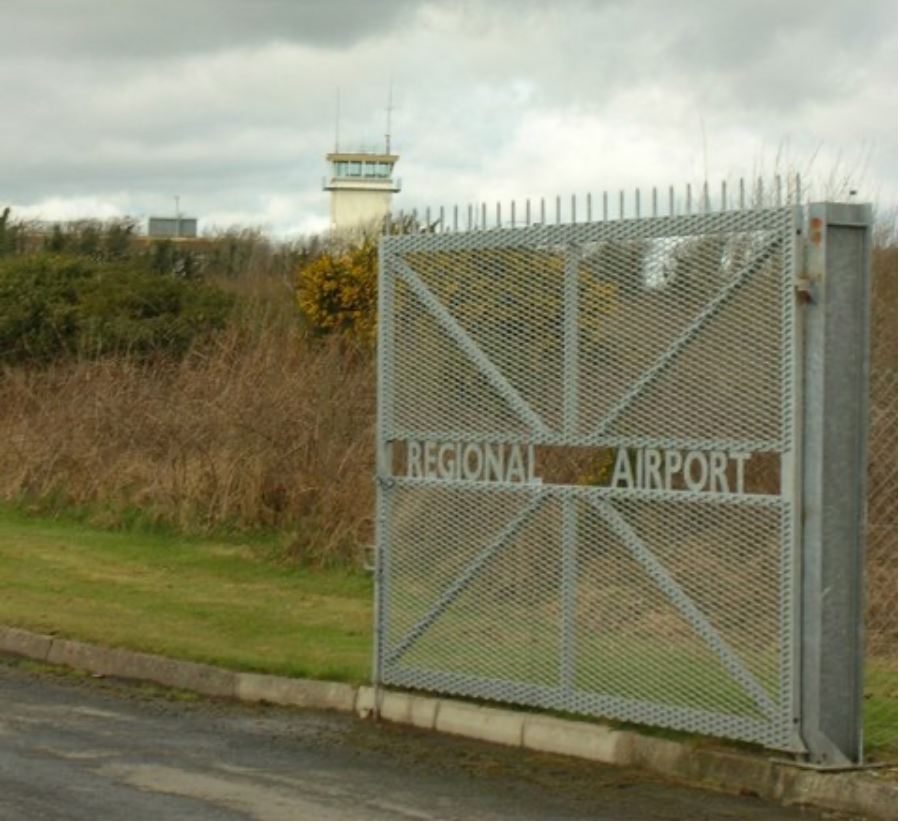Veterans Day 2020: Infinite Remembrance
My personal burden is how trite it is to say thanks for your service. I don’t have to say it to appreciate it.

Vietnam Women’s Memorial: Washington, D.C.
America, America may God thy gold refine
'Til all success be nobleness
And every gain divined
--Katherine Lee Bates
All flying machines have their own unique sound signatures. If you were blindfolded, you probably couldn’t tell the difference between a 737 and an A320. But unique in the world of aviation is the sound of a Bell UH-1 Iroquois, an iconic helicopter that no one in my memory ever called by its assigned name. It was a Huey. Or it was a Slick.
The Huey’s signature is really three sounds. Depending on the wind and the temperature, those fat blades—the chord is not much less than that of a Cessna 150’s horizontal stabilizer—create an unmistakable wop-wop-wop beat no other helos have. If you listen closely, you’ll also hear a familiar turbine exhaust from the Lycoming T53, plus a side note from the engine’s two gearboxes, one for the rotor and one for the accessories. In short, the Huey set up a hell of a racket.
And for many a wounded Vietnam soldier or Marine, it was the sound of salvation. Thousands of veterans have stories of how comforting it was to hear a Dustoff approaching over the horizon. I served with an E-6 who had been triaged as “expectant” on a muddy hillside in the Central Highlands, only to be plucked from the field by a Huey, given immediate surgery and a second life that had him teaching a green recruit like me the finer points of military survival three years later.
He was the beneficiary of remarkable advances in battlefield survival in which the helicopter has played a pivotal role. In World War II, some 70 percent of wounded soldiers survived. In Vietnam, it rose to 76 percent and now, thanks to the survivability and advanced equipment found in a Blackhawk Medevac, 90 percent of wounded soldiers survive. Many find succor in the Air Force’s impressive medical evacuation network to advanced care within 24 hours of the wounding. From just about anywhere in the world.
Today, as we observe the 101st Veterans Day, the machines are worthy of mention but this day is about the veterans themselves. I have commented in this space before that I am loathe to use the word “heroes” and I’ve found that veterans, especially younger ones, aren’t always fond of the throwaway phrase, “thank you for your service.” I never use it myself because it unavoidably leaves the impression that the speaker has thought about the sentiment only as long as it took to say it and will forget it soon after. That’s probably unfair, but sometimes I’m too honest by half.
My staff sergeant mentor would have benefited from something else, too, which is the focus of today’s thoughts. Nearly 11,000 women served in Vietnam, most of them nurses and every one a volunteer. Eight of their names appear on Maya Lin’s powerful black monument on The Mall in Washington, D.C. They were at the bloody end of all those Huey Dustoffs and many bear psychological scars to this day.
I was aware of their presence during my own service, but unaware of the contribution. So emotional is this for me now that I have difficulty watching the rare news interview you might see with one of these women nor is writing about it any easier. The women have their own memorial not far from the main Vietnam memorial. It has been criticized for lack of accuracy in suggesting that nurses rendered aid in the field, which they did not. I would allow a certain stylistic license, however, for one thing stands out: One of the bronze nurses memorialized is looking sharply skyward. We know what she is looking at. She is looking at a Huey.
The quote I used as an opener is from a stanza in America the Beautiful that’s rarely sung, although Ray Charles used it in his version. I like it because it illuminates a strain of the American character sometimes not in view: nobleness. And not the kind applied to royalty but the kind that means characterized by respect, honor and selflessness and of generousness of spirit.
On this, the 11th day of the 11th month, I would apply that to all veterans, living or deceased, to the 11 Bravos, the pilots, the wrench swingers, the spooks, the cooks and clerks of every age and every era. And as a forethought, I would open the umbrella wide enough to include the doctors, nurses and medical technicians who labor daily in COVID wards at no small risk to themselves. Their service is every bit as noble as anyone who served in the military.






